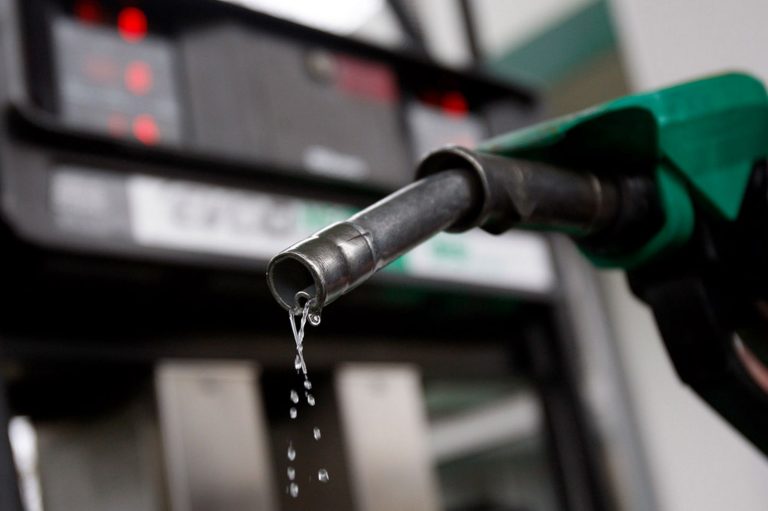As of Friday, Premium Motor Spirit (petrol) had a landing cost of N922.65 a litre, according to oil marketers.
Dealers noted that this price includes several costs, such as exchange rates, import taxes, and shipping.
The sum is a significant decrease of N32.35 from the N955 per litre that was offered at the Dangote Petroleum Refinery’s loading gantry.
It is anticipated that the price at which petrol is sold to customers will be impacted by this drop in landing costs, which may raise marketers’ interest in switching back to importing petrol.
“You won’t blame marketers who import the product, and the lower cost of imported petrol is often an incentive to dealers,” said a prominent marketer who talked in confidence because he lacked the authority to discuss the issue.
The Dangote Petroleum Refinery stated last Sunday that the price increase of crude oil, the primary ingredient in refined petroleum products, was the cause of the hike in petrol prices from N899.50.
Nonetheless, this most recent drop in landing costs, which accounts for the cost of importing and shipping the product, suggests some respite from the strains of supply chain difficulties and worldwide market swings.
However, the retail price of gasoline in Nigeria has stayed high despite this decrease, with major marketers still selling refined fuels in the Federal Capital Territory for between N990 and N1,010 per litre.
On-spot estimated import parity into tanks was N922.65 per litre, which was N21 or 2.2% less than the N943.75 per litre indicated on Thursday, according to the most recent competency centre daily energy statistics published by the Major Energies Marketers Association of Nigeria on Friday.
On Friday, the average price for 30 days increased to N939.52 per litre, from N900.74 per litre on Tuesday and N929.07 per litre on Thursday.

The document also mentioned that, with an exchange rate of N1,550 to the dollar, the benchmark price of Brent crude was $78.29 per barrel, down from $78.88 per barrel the day before.
For importers, this expense is seen as a benefit since it gives independent marketers and private depot owners another path to success and the chance to find less expensive goods.
Importers have the opportunity to cover costs much lower than recent historical norms and create sustainable margins because the average ex-depot price across all locations ranges from N950 to N990 per litre.
A more lucrative environment for those involved in the downstream oil and gas industry is indicated by the updated landing costs and aligned ex-depot prices. But it also shows how Nigeria’s energy sector is still impacted by freight prices and exchange rate swings.
Additional investigation of last week’s changes in the price of petrol at loading depots revealed that the commodity’s loading cost had decreased by N10.
Nipco reduced the price of its product earlier in the week from N965 per litre to N970. Sahara saw a N20 decrease, closing at N960 from N980 earlier in the week, while Aiteo ended the week at N960. Swift closed at N960 after opening at N970. Wosbab and AA Rano sold N960 per litre at the end of the week.
Bulk Strategic Depot in Port-Harcourt had a decrease of N24 when it opened at N1,005 and closed at N981. Additionally, depots in Calabar and Delta kept prices between N972 and N990.
According to recent research, oil marketers imported 57,301 metric tonnes of petroleum in total between Tuesday, January 21, 2025, and Wednesday, January 22, 2025.
With a conversion rate of 1,341 gallons to one metric tonne, the marketers must have imported roughly 76.84 million litres of gasoline in two days.
The Nigerian Port Authority provided the statistics, which also revealed that at 12 midnight and 3:49 pm, respectively, ships with 20,400 and 36,901 mt berthed at the Apapa and Tincan ports in Lagos. Peak Shipping Agency Nigeria Limited and Tera Shipping Limited handled it.
Two ships without recorded capacity berthed at the Dangote terminal in the Lekki Deep Seaport on Sunday, according to the document.


